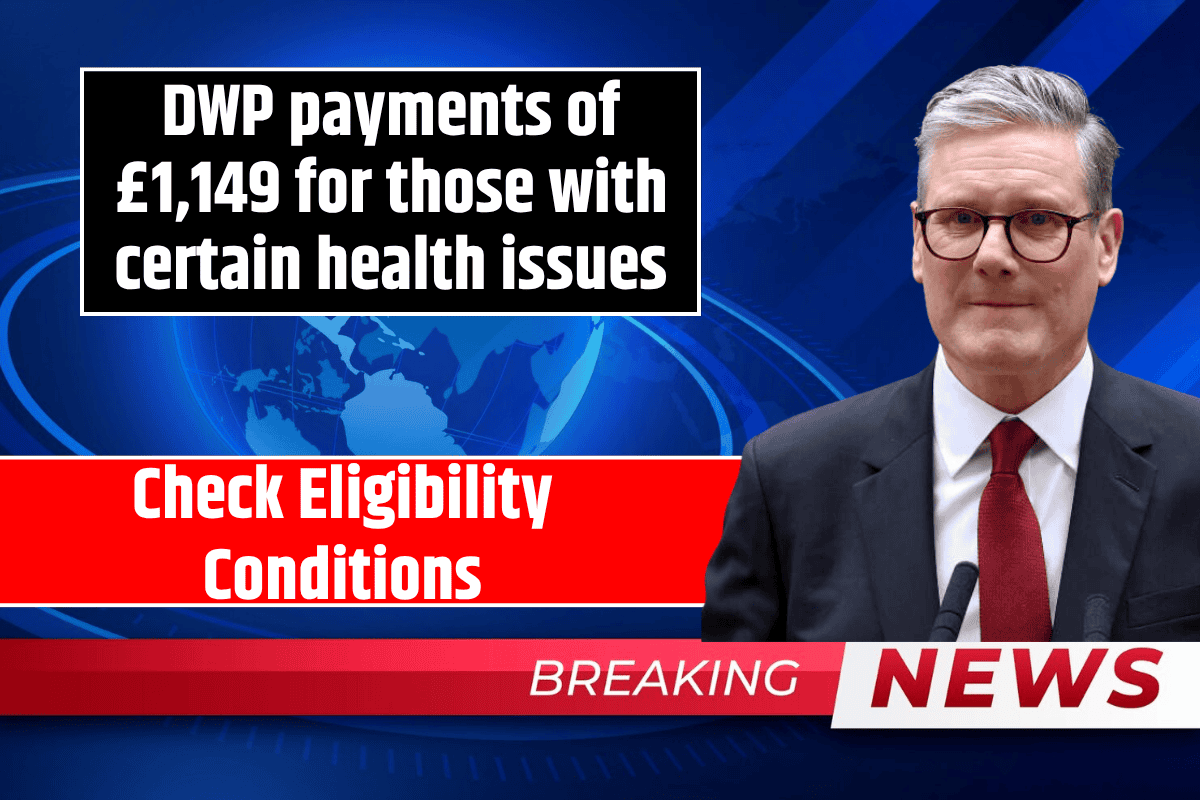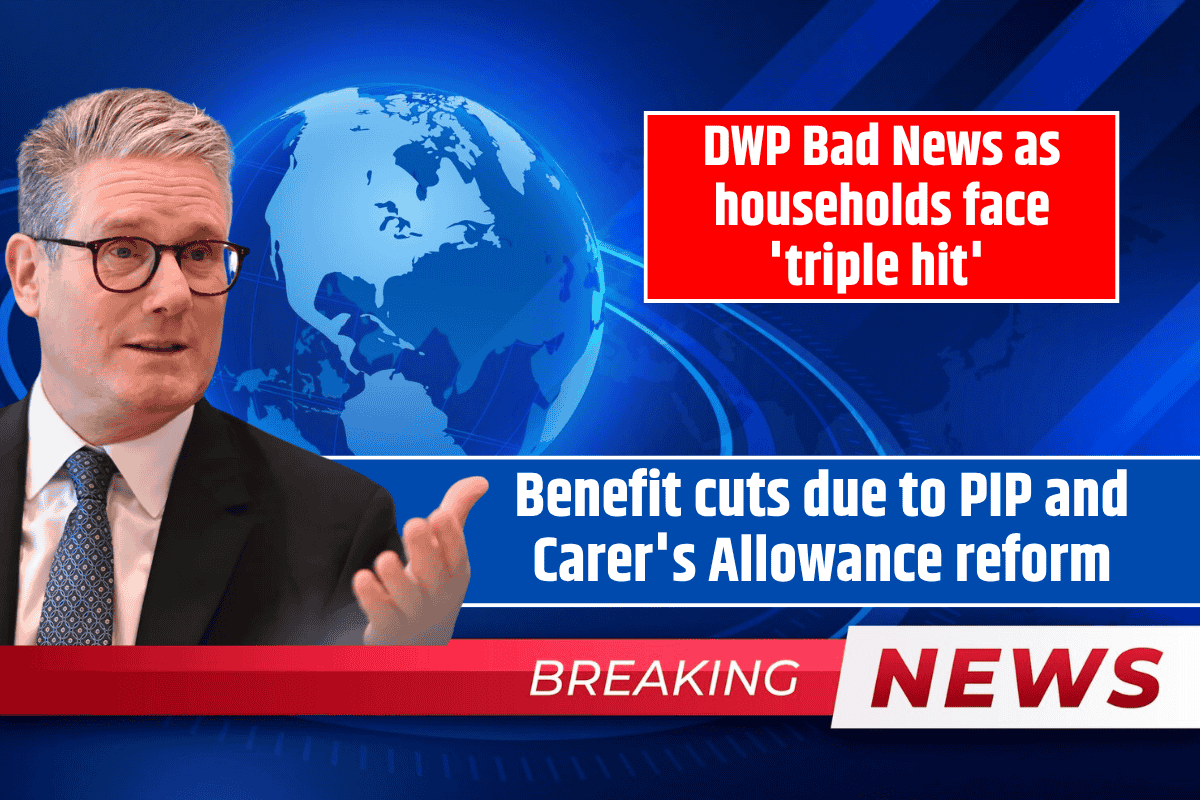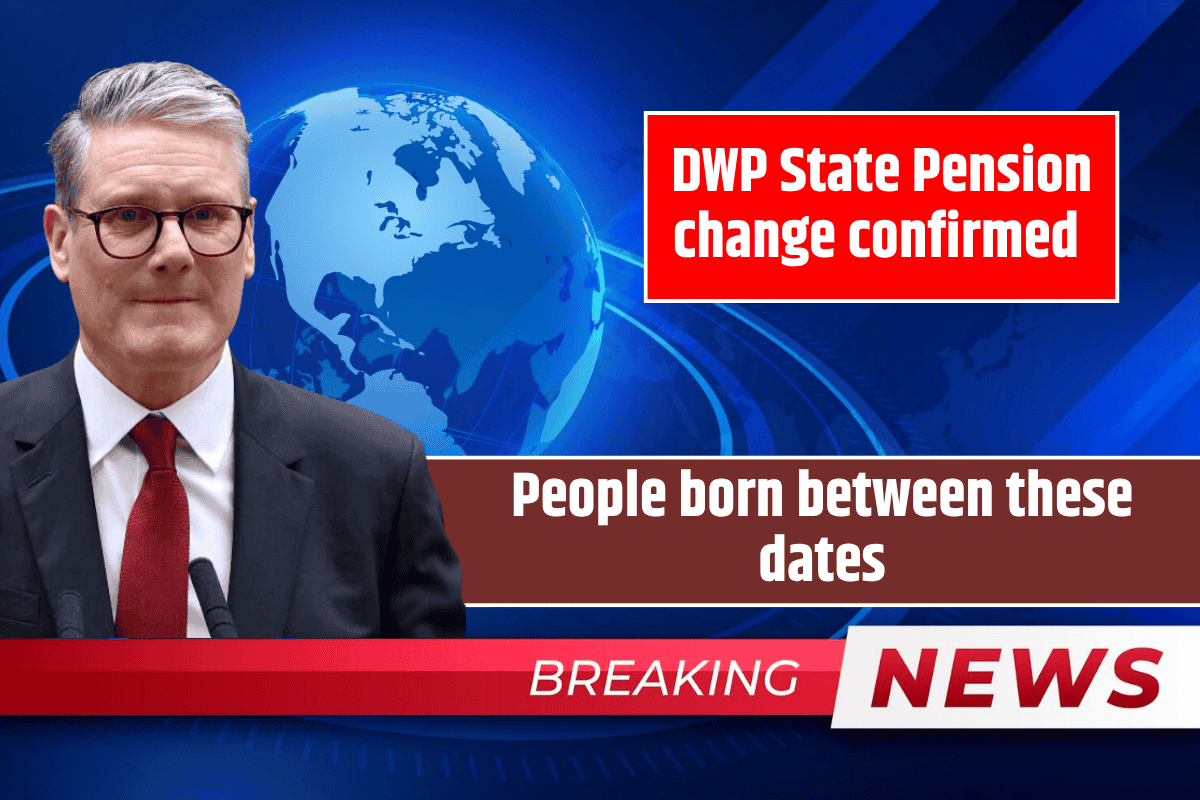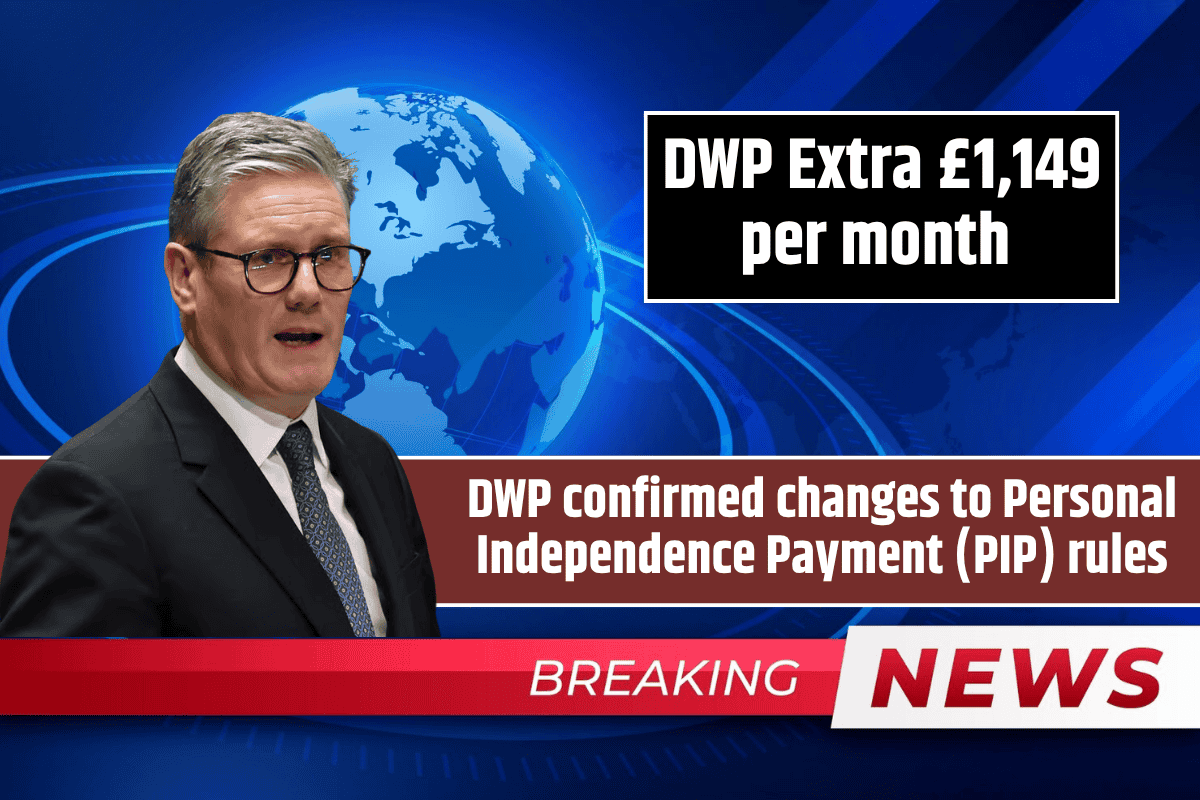If you’re receiving Universal Credit and have health issues, you might be eligible for additional support through the Personal Independence Payment (PIP). PIP is a benefit that helps people who need extra support with daily tasks because of an illness, disability, or mental health condition. This benefit can provide much-needed financial support and is not based on your income, meaning it doesn’t count towards the benefit cap. You can also receive it alongside other benefits, including Universal Credit.
What Is PIP and Who Can Receive It?
PIP is specifically designed to help people who need assistance due to a health condition. Unlike some benefits, PIP is not based on income or savings. It’s awarded based on how your health condition affects your ability to do everyday tasks. Whether you’re working or not, you can receive PIP in addition to other benefits like Universal Credit.
How Much Could You Receive from PIP?
The amount you can get from PIP depends on the severity of your condition and how much it affects your daily life. If you’re awarded the higher rates of PIP, you could receive up to £749.80 every four weeks, separate from other benefits. This would be in addition to your Universal Credit claim.
For a single claimant over the age of 25, the standard Universal Credit allowance is £400.14 per month. If you qualify for the higher rate of PIP, this would give you a total of £1,149.94 each month, which can be a significant boost.
How PIP and Universal Credit Work Together
PIP does not reduce the amount of Universal Credit you receive. If you are eligible for both, you will receive both payments separately, which can make a big difference in your financial situation. It’s important to note that your Universal Credit payment could be higher or lower than the £400.14 depending on additional elements, like whether you’re eligible for any extra support or deductions applied by the Department for Work and Pensions (DWP).
Breakdown of PIP Payments
PIP consists of two main parts:
-
Daily Living component:
-
Standard rate: £73.90 a week
-
Higher rate: £110.40 a week
-
-
Mobility component:
-
Standard rate: £29.20 a week
-
Higher rate: £77.05 a week
-
If you are awarded both the daily living and mobility components of PIP, you could receive a combination of these rates to help with both your daily activities and mobility needs.
Changes to PIP Eligibility
The way PIP is awarded could change in the future. Currently, to qualify for the standard rate of the daily living component, you need to score between 8 and 11 points based on how your condition affects your life. If you score 12 points or more, you qualify for the higher daily living rate. However, there are proposed changes to the rules from November 2026.
Under the new rules, you will also need to score at least 4 points in one activity to qualify for the daily living component. This could mean that some people who currently qualify by scoring lower points across multiple tasks would no longer be eligible for the daily living part of PIP.
It’s important to note that the rules for the mobility component of PIP are not changing, so if you’re eligible for this part, you will continue to receive it as before.
PIP for Terminally Ill Individuals
If you are terminally ill, you will usually receive PIP automatically without having to undergo an assessment. This ensures that individuals facing serious health conditions can receive support without delay.
Personal Independence Payment (PIP) can provide significant additional support for people on Universal Credit who have health issues. Whether it’s for daily living needs or mobility, PIP is a crucial benefit designed to ease the challenges faced by those with disabilities or health conditions. Although there are proposed changes coming in 2026, it’s essential to apply for PIP if you think you’re eligible, especially as it can help cover extra costs and improve your quality of life.













I’m on standard pip but a amputee as ov Apr 2025shud I get bck dated pip at high rate
Decabld in my right hand ✋
I have h
I have Arthritis in both knees my husband has ckd needing dyalisis three times a week
We are in our eighties and applied for a mobility car which is not possible we were told
Because apart from other benifits we dont have PIP which apparently is the benefit we would need.
,
rthritis in both knees my Husband has chronic
I have h
I have Arthritis in both knees my husband has ckd needing dyalisis three times a week
We are in our eighties and applied for a mobility car which is not possible we were told
Because apart from other benifits we dont get pip
I’m looking for to see intetile